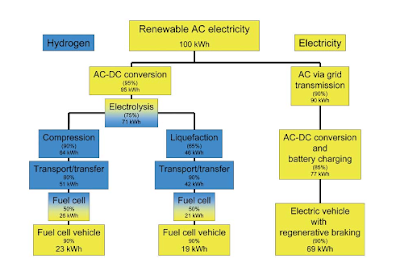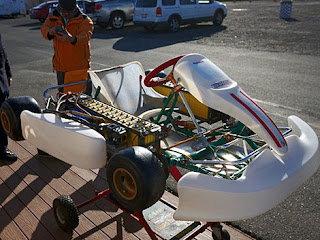 First of all, this idea may already be out there in production. If so please let me know as I will buy it and promote it. If not, does anyone want to work with me to make it happen?
First of all, this idea may already be out there in production. If so please let me know as I will buy it and promote it. If not, does anyone want to work with me to make it happen?Current systems for home automation and monitoring are based on command and control. A central unit monitors all the information available and decides when appliances should turn on or off. The disadvantages of this model are that you are stuck with one supplier for the whole system. If a standard is agreed, as with Zigbee this might be less of an issue, but still, to develop new devices you must buy a zigbee chip and get to grips with controlling it. Do we not alreay have all the standards we need?
All electric devices are on an electricity network already and internet over powerlines is already available and the X10 guys have been using powerlines for automation for years, so I propose using standard microprocessors or internet 0 as proposed here and available for about $1 each. The only standard to develop is an XML format for broadcasting information on the network. Different suppliers can then develop different devices to put on the electricity network. These modules would simply plug into a standard socket, and where required, provide a socket to plug an appliance into.
Pricing - modules takes a feed from the internet that has the current electricity price and forcast price and/or weather forecast. For example, this feed from Synergy Module
Recording - a module to upload selected information being broadcast on the network to a local PC or an internet application. Could also provide a current readout of essential information such as current price, current devices on, current electricity usage.
Sensor - different sensor modules can monitor and broadcast electricity usage, temperature, humidity etc.
Controller - has simple rules for controlling appliances that are programmed using a PC or additional device. eg. Turn the fridge off if the price goes above 20c but don't keep turned off for more than 2 hours during the day or 4 hours at night. Run the washing machine when the price drops below 6c for more than 30 mins but don't stop it for more than 10 mins once it's started and it must finish within 2 days.
Phone interface - Ability to dial in and turn on the heating before you get home.
There is no controller. Each module has it's own intelligence and operates on a small set of rules. This is similar to the way simple organisms such as slime moulds display complex behaviour and is called emergence see also here.
The big advantage is that it allows a large number of companies to start making products very quickly and cheaply using existing technology, and for them to evolve as the market does. There is no need for the consumer to buy a whole new system, they just get the whizzy new "washsave" module from the company that specialises in washing machines, until manufacturers start to build it in. As the only new standard here is how to format the XML, this could be agreed quickly (???) and evolved over time without having to change any hardware.
So, tell me someone is doing it already, or the big flaw in this idea? We waste a lot of electricity in our homes and while it may not look significant individually if we could roll a system like this out very quickly, because it was cheap and easy to use, this could make a big difference to energy use and carbon emissions.

















